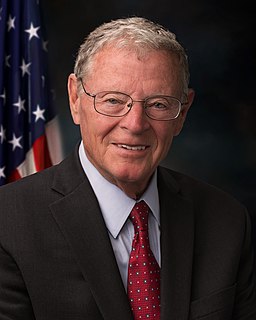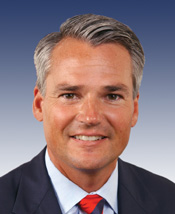A Quote by Alex Padilla
Rooting out white supremacists and right-wing extremists is a challenge that local law enforcement agencies, and even the U.S. military, is facing all across this nation.
Related Quotes
Today, we will hear from federal law enforcement agencies, the Federal Bureau of Investigation and the Bureau of Alcohol, Tobacco, Firearms, and Explosives, who will discuss the problem of ELF and ALF and law enforcement's reaction to their dangerous and destructive tactics. It is these tactics, particularly the widespread use of arson, which makes ELF and ALF the #1 domestic terror concern over the likes of white supremacists, militias, and anti-abortion groups.
To make matters worse, federal drug forfeiture laws allow state and local law enforcement agencies to keep, for their own use, up to 80 percent of the cash, cars, and homes seized from suspected drug offenders. You don't even have to be convicted of a drug offense; if you're just suspected of a drug offense, law enforcement has the right to keep the cash they find on you or in your home, or seize your car if drugs are allegedly found in it or "suspected" of being transported in the vehicle.
The hardest problems of all in law enforcement are those involving a conflict of law and local customs. History has recorded many occasions when the moral sense of a nation produced judicial decisions, such as the 1954 decision in Brown v. Board of Education, which required difficult local adjustments.
Now the roles have been reversed, because the Hillary [Clinton] campaign is livid that they lost, and they think they lost because [Donald] Trump sent out bird whistles, dog whistles, whatever, to the white supremacists out there, and the white supremacists are the ones that came out of the shadows, not the illegal immigrants, the white supremacists came out of the shadows and they got their hoses and they got their whatever else and they started beating up on Democrats and poor Hillary.
2009 was a tough year, but Australia rose to the challenge of the global financial crisis. It shows what can be done when we all join together and work together, governments of all persuasions state, territory and local; businesses large and small; unions and local communities right across the nation.
To argue that it is unconstitutional for local law enforcement to be a legitimate partner in immigration enforcement is shortsighted. It is evidence of a lack of commitment to securing our borders and a lack of appreciation for the proper role of the states in supporting federal law enforcement priorities.
This killer [in Orlando] was interviewed by the FBI three times and I'm not going to second guess what career law enforcement professionals do everyday to defend our nation. But we need to look carefully at this. Should we have a broader database? You know, someone comes to the attention of FBI not once but three times, does that suggest that local law enforcement needs to know.
































